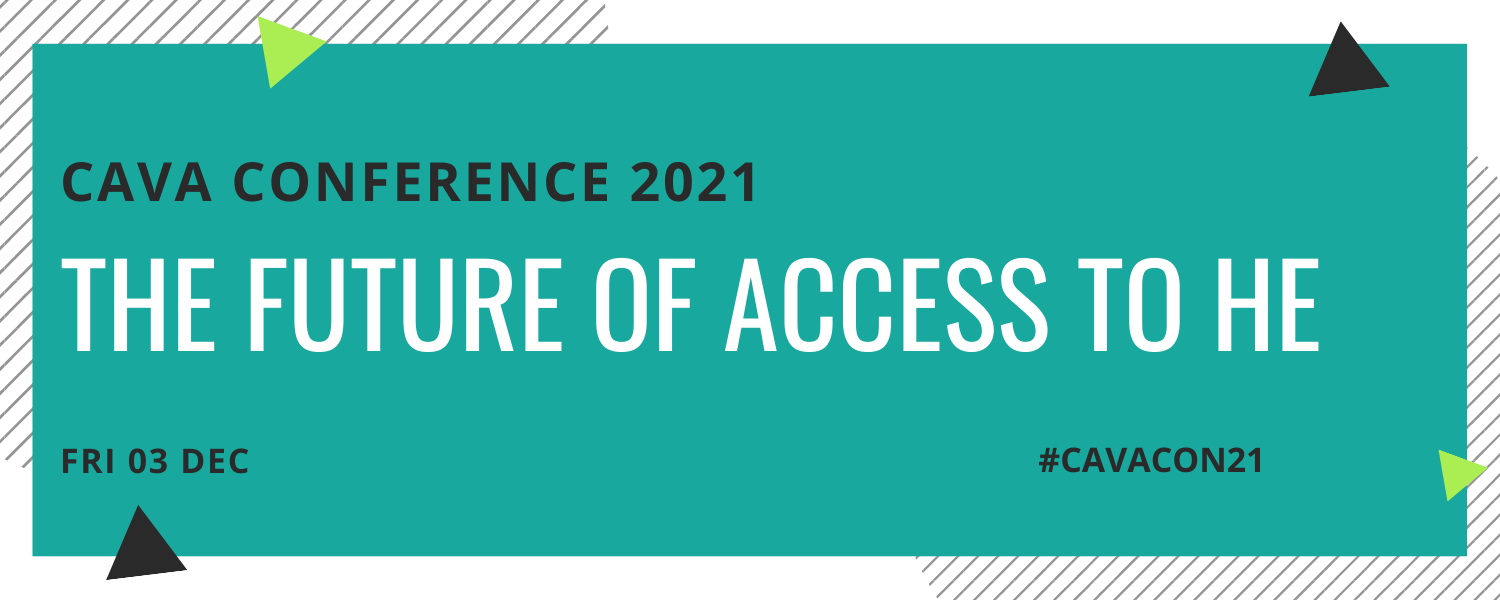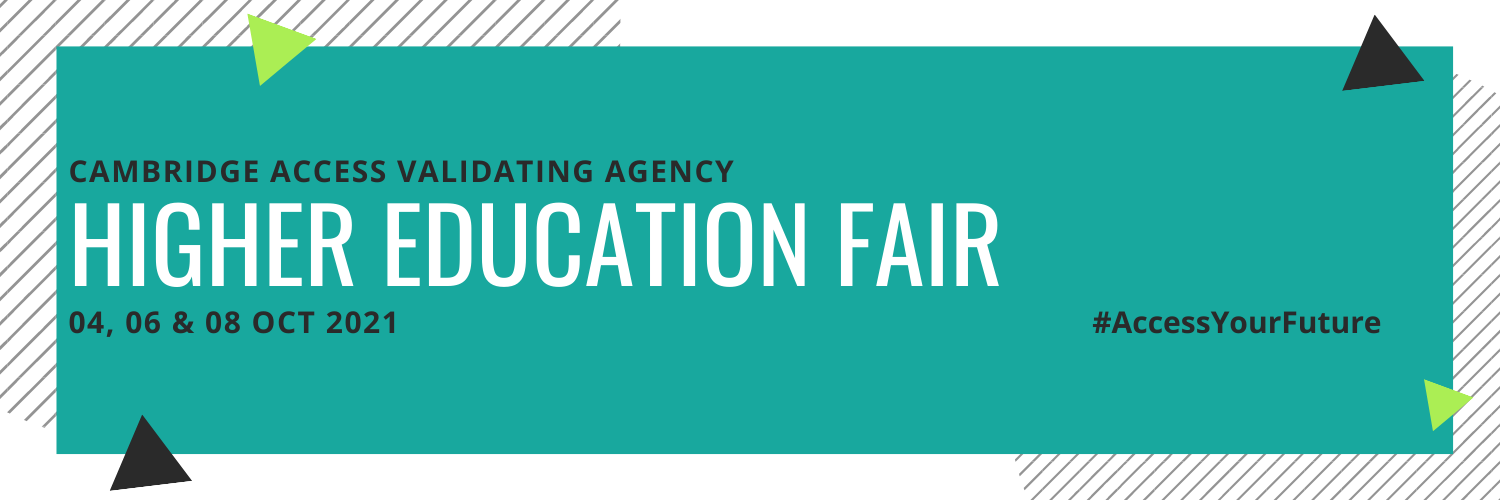On Friday 2 December we held our annual CAVA conference, once again in person. It was a real delight to have our 84 attendees join us in Cambridge, to feel the energy and buzz of the CAVA community being together once again. The schedule was packed with keynote presentations from the QAA and the Global Sustainability Institute at Anglia Ruskin University; alongside workshops on internal moderation, integrating sustainability into Access to HE Diplomas, and promotion and recruitment; and talks from our beloved CAVA Student Award winners and runners up.
The conference explored the theme of “Sustaining the Future of Access to HE Diplomas”, with three strands running through the sessions.
Firstly: sustaining the robustness of the qualification. From the QAA, we learned that a defining feature of the Access to HE Diplomas has been its flexibility. The qualification’s flexibility has been key in responding to local needs; national priorities; and international circumstances. It has allowed students to continue to complete their studies to a high standard and progress to positive destinations. As we emerge from the most disruptive period of the pandemic, we must ensure the qualification remains robust and flexible in responding to future student needs. As a result, the QAA is undergoing a review of the Access to HE Diploma Grade Scheme; Diploma Specification; and AVA licencing arrangements. The QAA’s consultation on the Diploma Specification is open until 13 December and all stakeholders are encouraged to respond via this link.
Access to HE practitioners also gathered in a workshop on internal moderation to explore the importance of this type of quality assurance and share good practice in operating internal moderation in their institutions. We invited participants to test a new CAVA internal moderation sampling form, as part of an exercise to review and provide feedback on student samples. We are grateful for everyone’s feedback and we will integrate this into our processes. A revised sampling form will be released in the new calendar year.
Our second strand of the conference explored sustaining the relevance of the qualification. From the Global Sustainability Institute, we learned that “sustainability is not simply another subject to be learnt but a fundamental change in the ways we view the world”. We were challenged to consider how we move from learning about sustainability (level 1 single loop learning) to learning as sustainability with a ‘movement of the mind’ (level 3 transformational learning). This employs a systems approach, where students are encouraged to question paradigms and consider sustainability in all aspects of their learning. This challenge was considered as part of our workshop on integrating sustainability into Access to HE Diplomas. Participants highlighted the need to integrate sustainability into all aspects of the curriculum, with expert-informed examples of the relevance of the 17 UN sustainable development goals to all subjects. Discussion also highlighted how sustainability needed to be integrated into all aspects of the institution, not just the curriculum, to enable the mindset shift required for sustainable behaviour.
Our third strand of the conference focused on sustaining the recruitment to the qualification. In our workshop, participants reviewed adult student personas to consider the different types of students that undertake Access to HE Diplomas. The personas were collectively refined and will be made available to all CAVA members in the Promotional Resource Library in the CAVA Members’ Area. CAVA members are invited to join our Promotions and Recruitment working group, which meets twice a term to support collective recruitment activities. Please email website@cava.ac.ukto register your interest.
Our day concluded with our CAVA Student Awards. All students nominated were worthy of recognition, and our two runners up and two winners shone through their outstanding commitment to study and academic achievement. The exemplary support provided by their academic and pastoral teams was mentioned by each student, highlighting that we will sustain the future of the Access to HE Diploma through our collective care and passion for this life-changing qualification.
The CAVA team would like to thank all of our speakers and all of our attendees for your engagement on the day!


